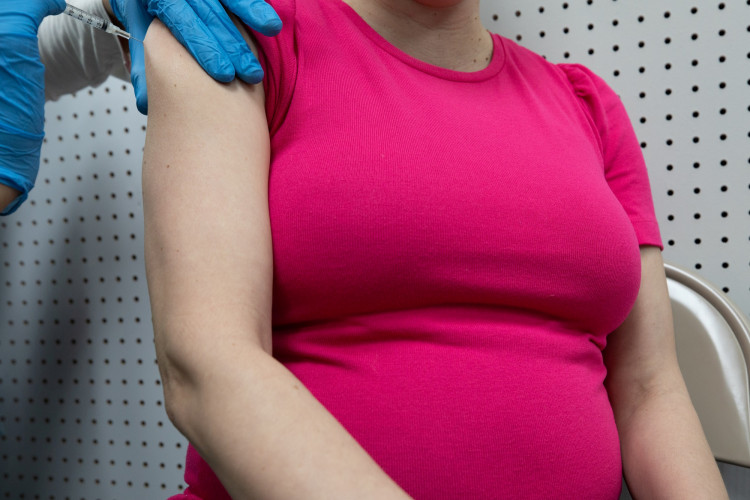According to a new analysis of seven prior studies, diabetes may increase the likelihood of protracted COVID.
Infants born who had COVID-19 while pregnant may be at a higher risk than the general population for problems with brain development related to learning, focusing, remembering, and developing social skills.
Researchers looked at studies that followed people for at least four weeks after recovering from COVID-19 to determine who got long-term symptoms like cognitive fog, skin issues, sadness, and shortness of breath. People with diabetes were up to four times more likely than people without diabetes to acquire lengthy COVID in three of the investigations.
Diabetes appears to be a "potent risk factor" for long COVID, according to the researchers, but their findings are preliminary because the studies used different methods, interpretations of long COVID, and follow-up times, and several looked at hospitalised patients while others focused on people with milder COVID-19 cases.
The research included information on 7,772 babies born in Massachusetts between March and September 2020. According to electronic health records, 222 babies were born to mothers who screened positive for COVID-19 while pregnant.
After controlling for other neurodevelopmental risk factors such as preterm delivery, SARS-CoV-2 infection during pregnancy was associated with an 86% increased risk of neurodevelopmental disorder diagnosis in offspring, according to the researchers.
The researchers wrote that their findings of a possible link between an infant's womb exposure to COVID-19 and subsequent neurodevelopmental diagnoses are consistent with "a large body of literature linking viral infection and maternal immune activation with neurodevelopmental disorders of the descendants later in life, some of which may be recognized as early as the first year of life."
Analysed data from over half a million children and adolescents infected after Omicron became dominant in Denmark, with about half of them developing breakthrough infections following vaccination.
After a moderate or asymptomatic SARS-CoV-2 infection, only one vaccinated child and 11 unprotected children developed Multisystem Inflammatory Syndrome in Children (MIS-C), which involves inflammation in the heart, lungs, kidneys, and brain.
This equates to 34.9 MIS-C cases per million unvaccinated COVID-19 patients and 3.7 cases per million vaccinated COVID-19 patients.
An earlier study found that women who have Covid near the end of their pregnancy are more likely to have birth complications. Preterm births, stillbirths, and newborn deaths were found to be more common in women who had the virus 28 days or less before their due date.






